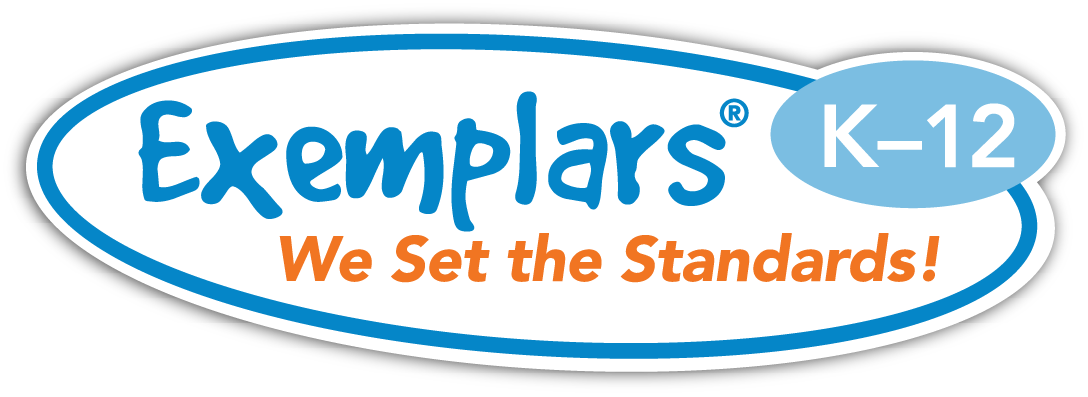Exemplars: An Approach to Title I Success
Special thanks to Carol McNair, Teacher and Exemplars task contributor, for her contribution.
Exemplars standards-based performance tasks provide teachers with not only summative data about their Title I students' progress, but also formative information. As a result, teachers can see what their students know, what they don't know and most importantly where student misconceptions lie so that corrective lessons can be planned.
With traditional assessments, students may not be engaged. Therefore, it is often difficult to judge if student effort stands in the way of performance. Exemplars real-world, problem-solving tasks were designed to engage students. With material that is differentiated at three levels, problems are made accessible to all students in a way that traditional assessments are not. Thoughtful interdisciplinary links also make tasks easily adaptable to particular units being studied, thereby helping students who need to see connections across the curriculum.
Many students often do not know what "good" math looks like, especially those who struggle. Exemplars annotated anchor papers can be used as teaching tools for students who need models of what good mathematics looks like and what they can do to strive toward excellence.
The Exemplars rubric also gives students the language to communicate about their math work so they may practice successful self- and peer-assessment. Giving Title I students the gift of mathematical discourse about their own math work can empower them in ways no math program can.

